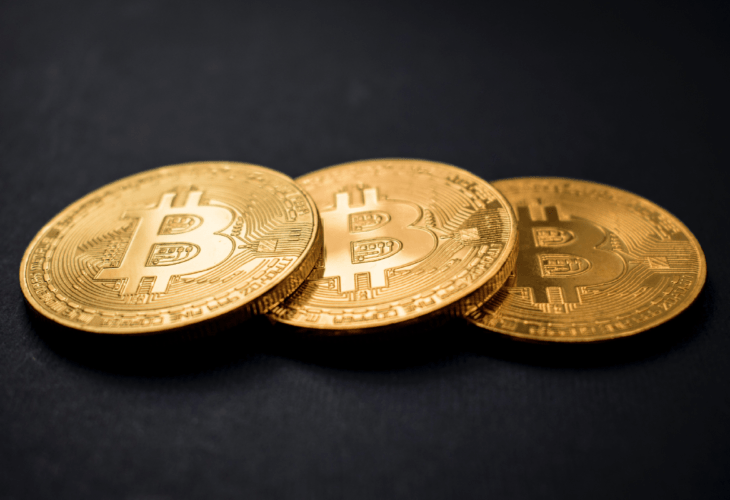Want to know what Bitcoin is but only have a few minutes spare? Our quick whistle-stop tour below is just the thing for you! (We also recommend some longer, more in-depth reads at the end of this article, should you be interested).
What is Bitcoin?
Bitcoin is a new digital currency. It’s digital – which means it’s doesn’t come in the usual physical forms of bank notes or coins. Instead, it is sent and received electronically, over the Internet.
Bitcoin was created around 2008 – 2009 by an unknown developer, or group of developers, using the alias Satoshi Nakamoto.
Bitcoin transactions are made without the need for intermediaries (middle-men), basically what this means is no banks or central authority!
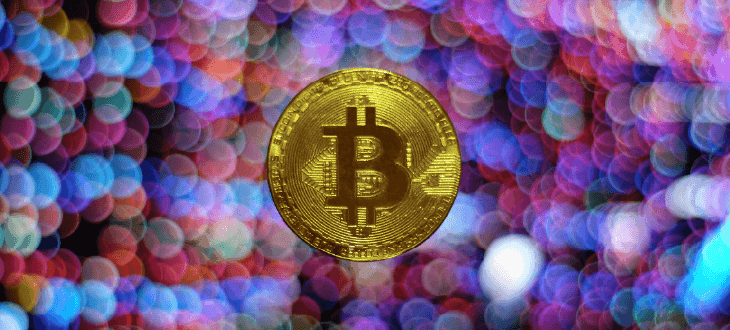
At present, Bitcoin can be used to pay for small goods, food, and book travel tickets from any of 100,000+ retail merchants. Many people though, just chose to buy it and hold onto it in the hope it will be a good investment.
The price of Bitcoin has rocketed upwards in the last year, leading to a lot of excitement and speculation as to just how high the price might go!
For an alternative read, we’d recommend the ‘What is Bitcoin?‘ post in our archives.
What is Bitcoin? – Why the move to Bitcoins?
Transacting with Bitcoins offers a certain level of anonymity. You don’t have to give out your name or contact details when buying or selling Bitcoins for instance. This is an attractive prospect to a lot of people, particularly those who value their privacy and want to wrestle some control of it back from modern day corporates.
Bitcoin also enables cheap and easy international payments. Since Bitcoin isn’t tied to any country or the usual cross-border regulations and fees that traditional banking might be, it’s fees are a lot less. In some cases there may even be no fee at all.
This is a favourite of those who hate credit card or international banking fees. Or even those with a distrust or disliking for large banking establishments.
These days, as Bitcoin’s popularity and utility have increased – you can now buy almost anything with Bitcoin. If you wanted, you could use Bitcoin to pay for a website domain name, a laptop, or even that shiny new Tesla car you’ve had your eye on.
What is Bitcoin? – How to acquire Bitcoins
You can buy Bitcoins on an exchange. Similar to traditional stock of foreign currency exchanges, these allow you to buy and sell whenever you like. Only in this case, it’s Bitcoins that are available for trade.
Binance, Coinbase and Cex.io are 3 leading examples of Bitcoin exchanges.
In the past, security has been an issue. Bitcoin’s recent history is littered with a few horror stories of exchanges being hacked and people’s Bitcoin being stolen. In 2014, Mt. Gox managed to ‘lose’ an estimated 850,000 Bitcoins, and then more recently in 2016, another exchange called Bitfinex was hacked to the tune of $70M+.
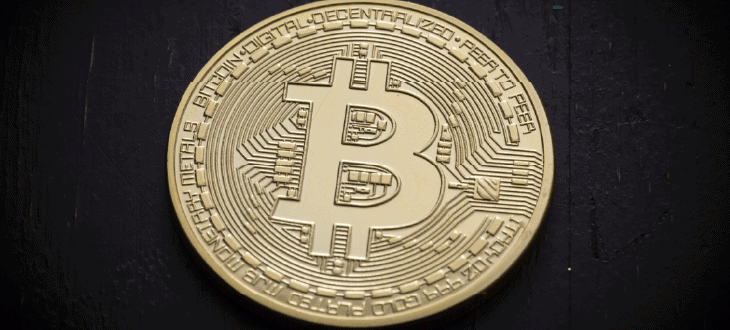
Bitcoins can also be transferred privately. You, your friends and family can send and receive Bitcoins amongst yourselves, using digital Bitcoin wallets on your mobile phones or computers. This is similar in concept to sending cash digitally by the more familiar internet bank transfer.
People can also acquire Bitcoins through a process called ‘Mining’. Mining in its simplest form is basically using computers to solve very complex mathematical problems, which verify transactions on the Bitcoin network. In return for using your computing power and racking up what will likely be a hefty electricity bill – your lovely friends in the Bitcoin community will give you some free, freshly minted Bitcoin.
Currently, the first ‘person’ (could be a group of miners) to ‘solve’ the math problem, is rewarded with 6.25 Bitcoins. This happens roughly once every 10 minutes.
One other option, is to win or earn free bitcoins. Believe it or not, there are a number of websites offering competitions of challenges to win portions of Bitcoin. Our Free Bitcoin posts are a great collection of resources to help find these options if you’re interested in learning more.
What is Bitcoin? – How do I store my Bitcoins?
Bitcoins are stored in what’s known as a ‘digital wallet’. This is basically a piece of software, which gives you access to your Bitcoins. The wallet itself can exist on the Internet, in the Cloud, on your PC or laptop, or even your mobile phone.
Think of your Bitcoin wallet as a sort-of virtual bank account, which lets you send or receive Bitcoins, pay for goods, or store your Bitcoin longer term. Of course it’s worth noting though, that unlike your actual bank account – Bitcoin wallets are currently not insured by your bank or any government institution.
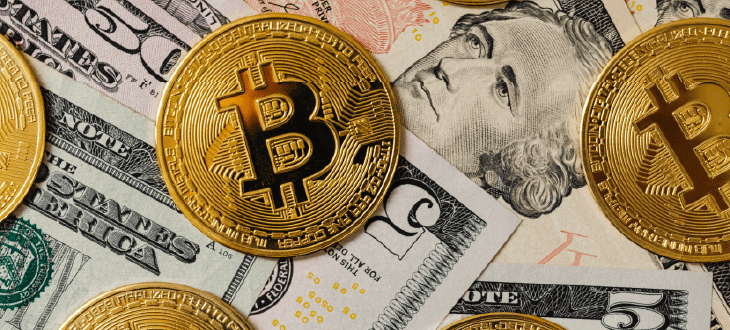
Have your wallet on a server in the Cloud? There are benefits to this, including that it can be accessed at any time, and from any location, providing you have your access codes and an Internet connection.
The biggest downside – servers can be hacked and someone can attempt to steal your Bitcoin if your wallet is not properly secured.
Have your wallet on a computer or external hard drive? An immediate advantage of this is that (so long as it’s not connected to the internet) – no one can remotely hack it.
The most common downside though – you can accidentally delete your wallet, a virus could destroy it, or your storage device could corrupt or you could physically lose it at some point.
Explain that anonymity bit again?
Each and every Bitcoin transaction is recorded in a public log, the Bitcoin Ledger, also known as the ‘Blockchain’. However the records of these transactions do not require (or reveal) the names or identities of the parties involved.
This is a key reason why Bitcoin has been the currency of choice for those trying to buy drugs or other illegal goods / services online in recent years.
Only the wallet IDs of the sender and receiver are recorded and publically available. These are cryptographic address keys. Not something easily relatable to a known identity. This let’s users of Bitcoin maintain a level of privacy in their transactions. Whereby they can buy or sell anything without it being easily traced back to them.
Ultimately though, authorities can (and have in the past), tracked down the real life owners of Bitcoin wallets which have been used in connection with criminal activity.
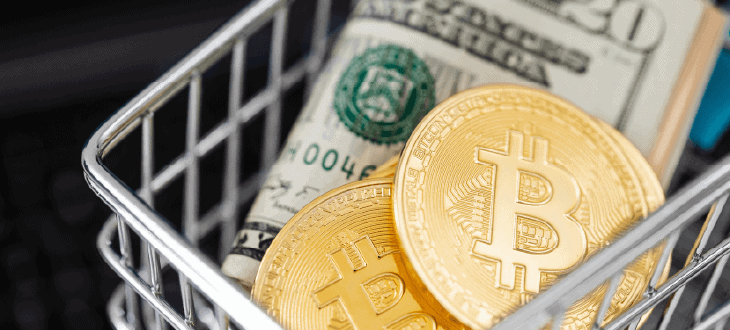
It can often take some concerted effort, but also it’s worth noting that most everyday consumers now join the Bitcoin community by signing up to one of the many online exchanges. These Bitcoin exchanges are legitimate companies, bound by local laws to know the identities of their customers.
When you signup to one of these exchanges, you will typically have to prove your identity as part of their T&C’s. If you then have a wallet address linked with your account with them, this is potentially one way of tracing ownership back to you.
What is Bitcoin? – What does the future hold for Bitcoin?
No one really knows.
There are however, a few things that we can be certain will happen –
Price speculation will continue….
Bitcoins value will continue to fluctuate for some time to come as the markets try to determine it’s long-term value. It may hit new peaks many times the current value, but it may well yet crash in value multiple times before it gets there.
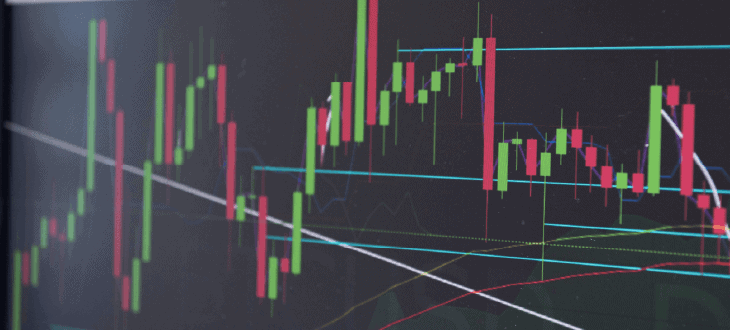
Bitcoin and cryptocurrency innovation will continue, with pace and building momentum. The technological advances underlying Bitcoin and its cryptocurrency cousins are here to stay. Blockchain is a technological breakthrough and nearly every established industry is currently trialling news ways to use it in some form or another.
Variants of Bitcoin will also continue to rise and fall...
Each new Cryptocurrency or ‘Altcoin’ is an attempt at improving upon the source code of Bitcoin, and applying it to a certain sector or application. There will be many. Lots will fail, some will even be scams, but there will be some true diamonds in the rough. They will be the ones most likely to influence and shape the technological landscape of the next decade and beyond.
Governments, banks and other financial institutions will weigh in. Some will fight the Bitcoin and Cryptocurrency movement, imposing restrictive laws, new taxes and regulations. Others will embrace the opportunity and make great use of the technological advantages on offer.
What is Bitcoin? – I want to read more!
So there you have it, a quick an easy answer to the question “What is Bitcoin”. But if you’re looking for other opinions and further research on what Bitcoin is and isn’t, there’s a lot of reading material out there.
Looking for more in-depth explanations and further info on Bitcoin and the wider Cryptocurrency landscape? Here is a selection of our recommended reads:
